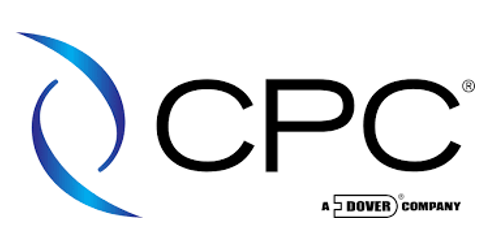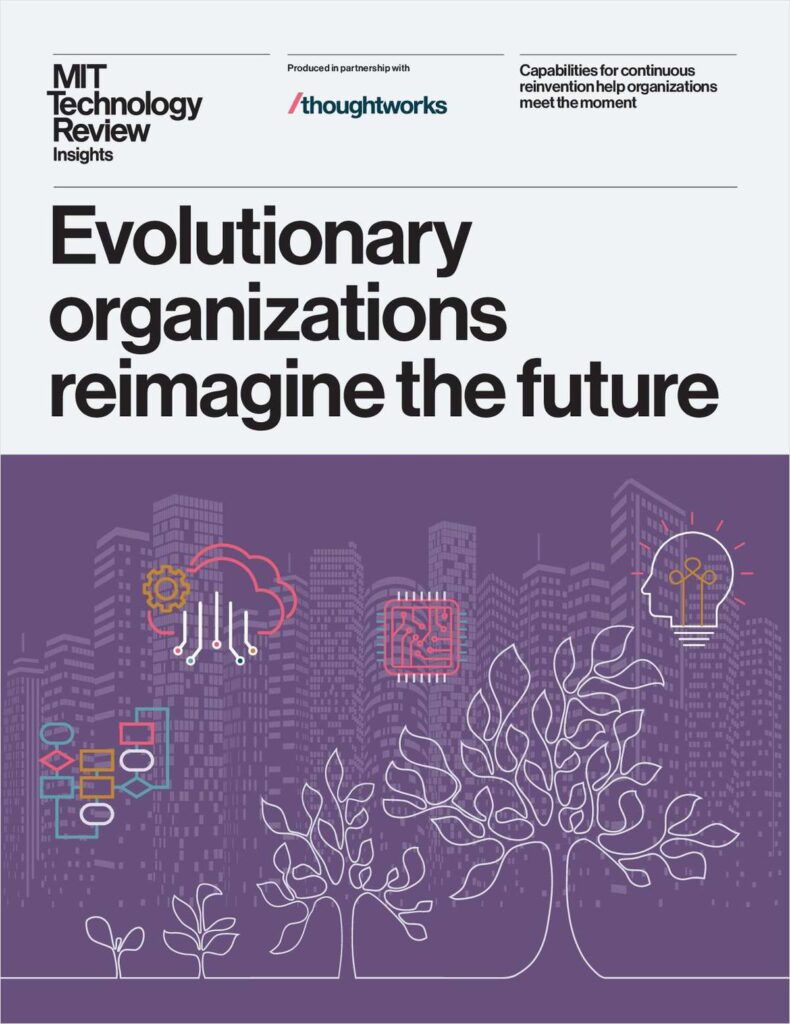 Today XSEDE and Indiana University announced the XSEDE Compatible Basic Cluster (XCBC) software suite, which is designed to help researchers ranging from big data scientists to people running small campus clusters.
Today XSEDE and Indiana University announced the XSEDE Compatible Basic Cluster (XCBC) software suite, which is designed to help researchers ranging from big data scientists to people running small campus clusters.
XSEDE aims to enable new and innovative research within the US, and a key part of our strategy is to support the development of an effective and coordinated national cyberinfrastructure,” said John Towns, XSEDE project director. “Together, campus bridging and the XCBC are a vital part of XSEDE’s mission to support the national research community.”
The XCBC software suite lets a local campus create a cluster with open source software tools that match the software of the most commonly used systems within XSEDE. That way, a command that a researcher might use on an XSEDE cluster works the same way on a local cluster. This means that educators can easily adapt XSEDE-developed training materials in their local teaching efforts. XCBC also includes software to aid data movement and integration with XSEDE, most particularly software for use on Globus Online, currently XSEDE’s most widely used campus-bridging data movement tool.
The XCBC concept, the software build and the distribution tools will make it easier for faculty members and IT experts across the US to adopt technology that is consistent with and enables interoperability with XSEDE,” said Richard Knepper, manager of campus bridging and research infrastructure within IU Research Technologies.
The XSEDE Compatible Basic Cluster concept is particularly focused on enabling researchers to easily move their data from local to national computing resources. Basic features of XCBC include:
- A computational cluster build, based on open source tools, that operates in a similar way to a cluster one might find in XSEDE.
- The same basic tool sets one might find on an XSEDE resource: C compilers, Fortran compilers, MPI libraries, etc., as well as common open source scientific applications like Bowtie, GROMACS, LAMMPS, FFTW, and more.
- Data movement tools, including software to access Globus Online
Thanks to increased campus bridging funding from XSEDE, IU will soon have staff available to travel to campuses to help install the XCBC software. Interested researchers should contact campusbridging@xsede.org.



